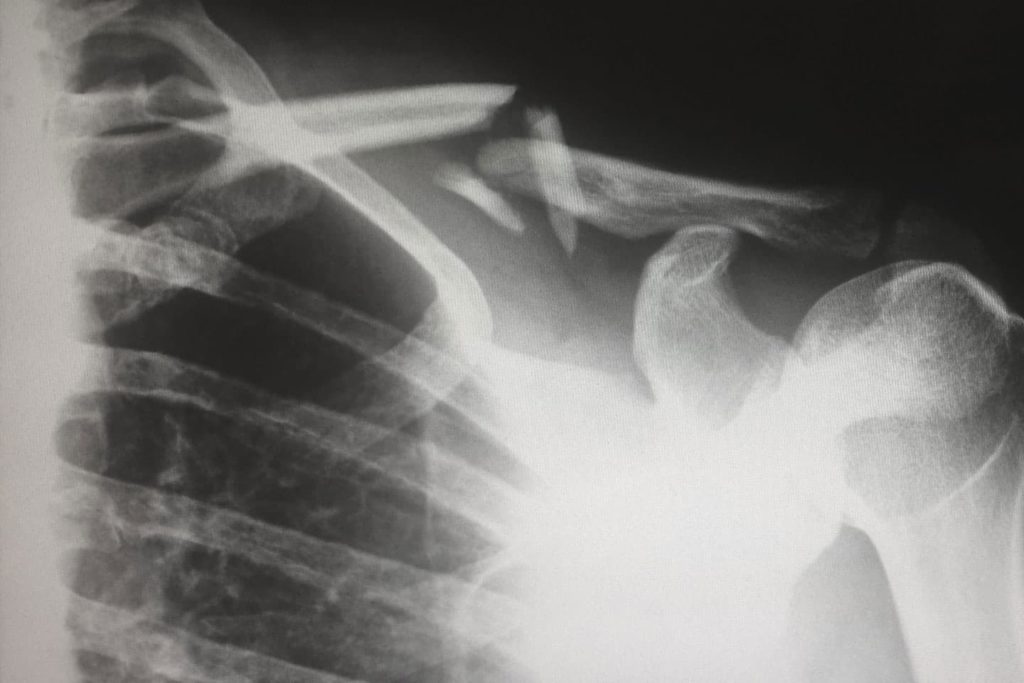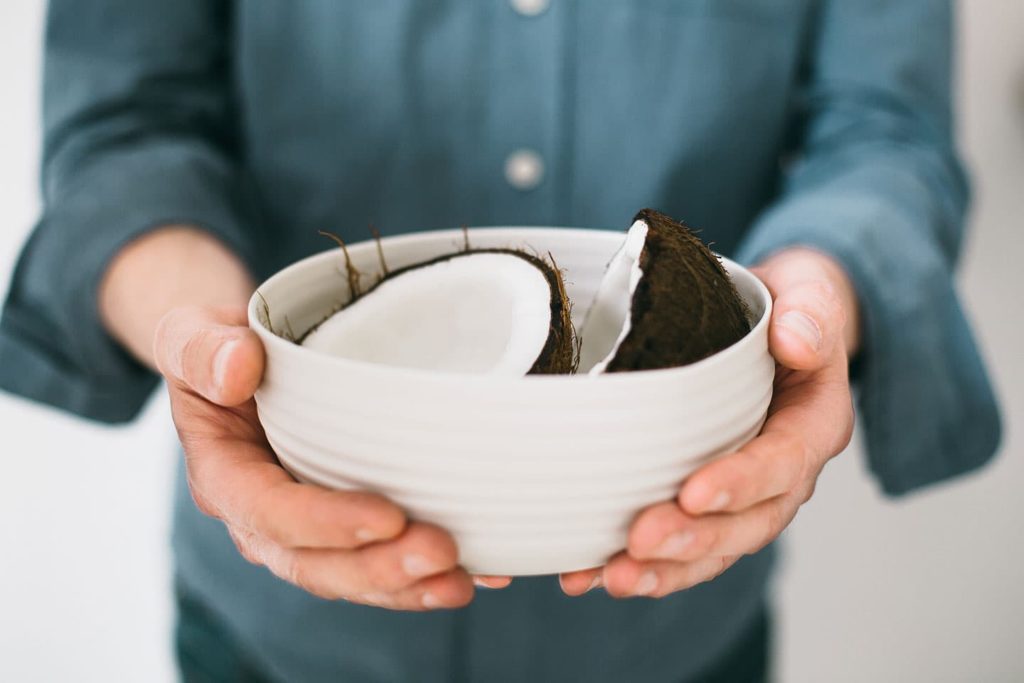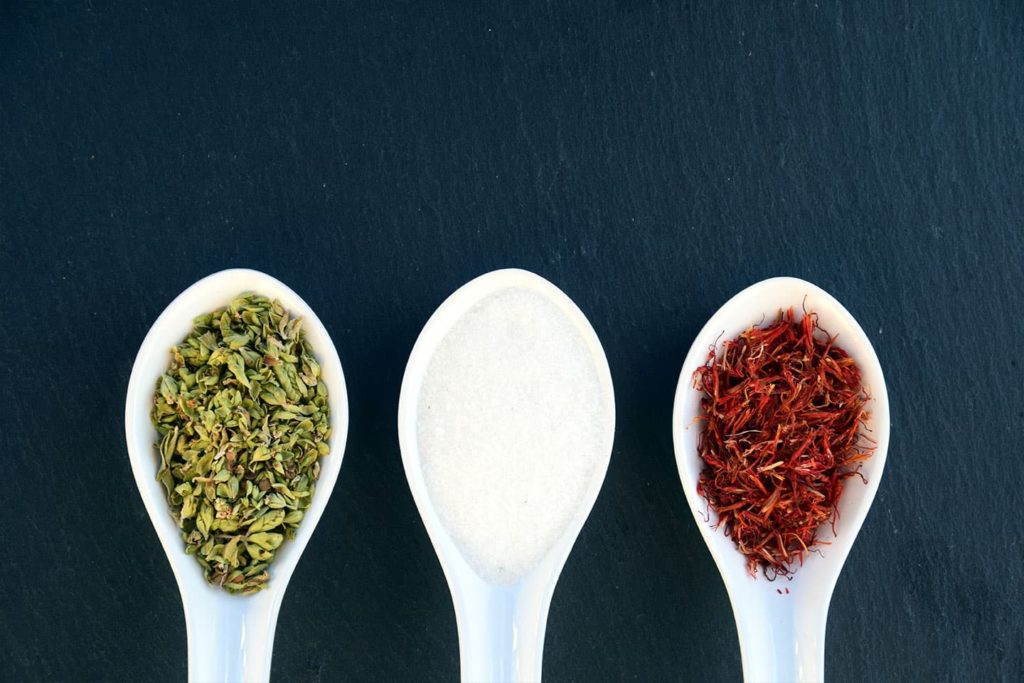How Probiotics May Increase Bone Volume
Recently, we shared the results of an interesting report about the benefits of taking probiotics to protect the health and longevity of your bones
That’s great news, but how do probiotics really work to make a bone-healthy difference?
A new study featured in the medical journal Immunity provided an answer with the help of a proprietary blend of Lactobacillus rhamnosus, and it’s a familiar one too.
During a four-week testing period, scientists discovered female mice that were given Lactobacillus Rhamnosus also enjoyed a healthy boost of short-chain fatty acids known as butyrate.
The production of butyrate already does a lot of good behind the scenes to protect your gut from inflammation and harmful bacteria like Salmonella and E. coli.
Giving female mice living in an open environment a probiotic stimulated the growth of butyrate in their tiny bodies and increased the formation of bones too.
Supplementation with a probiotic or butyrate also triggered the growth of regulatory T cells in the gut and bone marrow of mice. These extra T cells in bone marrow were also responsible for secretions of a unique protein (Wnt10b) that’s vital for bone development.
(Interestingly, mice raised in a germ-free environment didn’t enjoy the same bone-building benefits, leading scientists to speculate that a probiotic works better when it interacts with other microbes in the gut.)
“We were surprised by the potency of the gut microbiome in regulating bone and by the complexity of the mechanism of action of probiotics,” says senior study author Dr. Roberto Pacifici of Emory University.
And, despite recent controversies in the press about the true health value of probiotics, “We show that they work for real in bone,” Dr. Pacifici says.
Emory University researchers plan to continue their exploration of gut health in relation to other bone diseases, how supplementation with butyrate may treat osteoporosis and if probiotics are versatile enough to improve bone health in varying disease states.
Lactobacillus rhamnosus is just one of 10 species of beneficial bacteria contained in EndoMune Advanced Probiotic that may do a world of good for your health in addition to your bones.
How Probiotics May Increase Bone Volume Read More »








